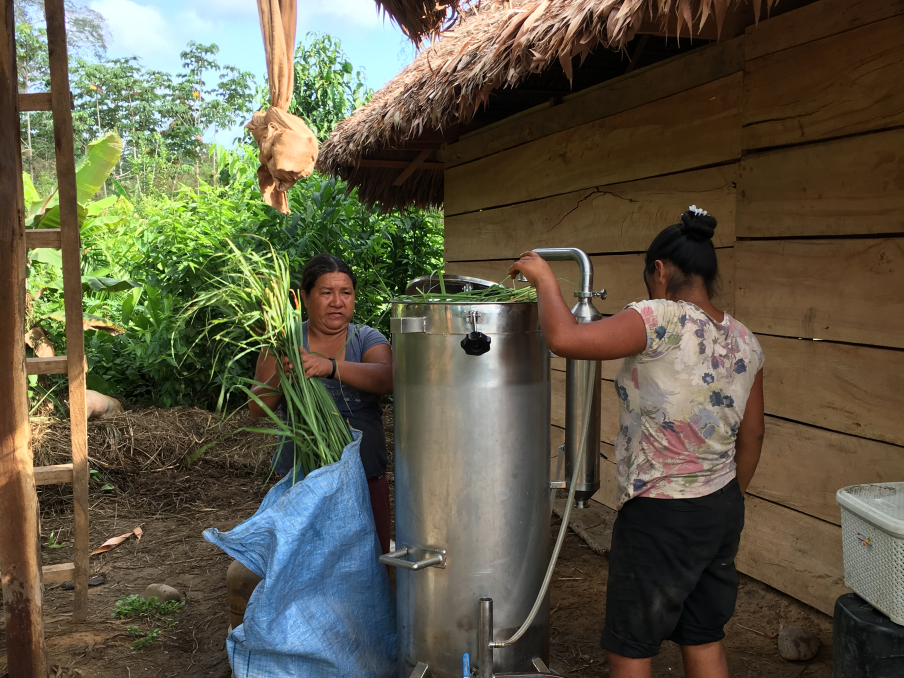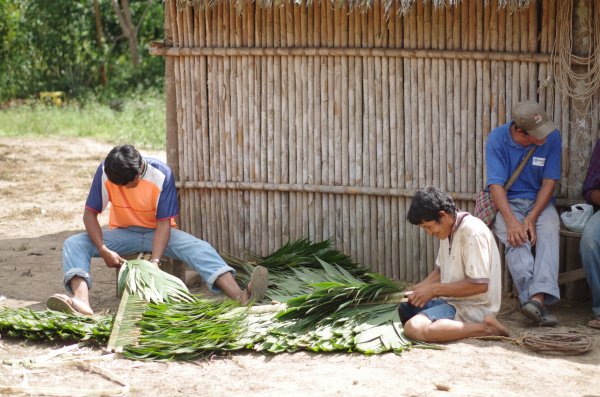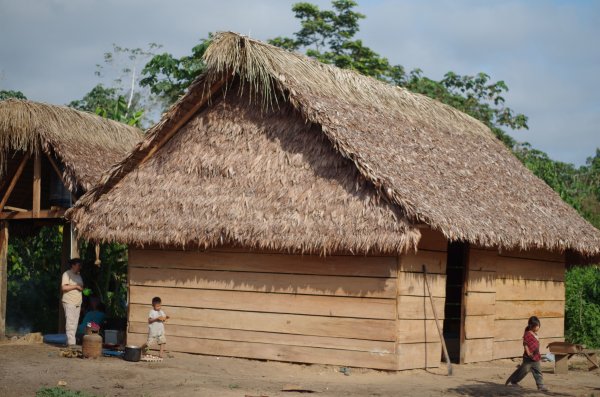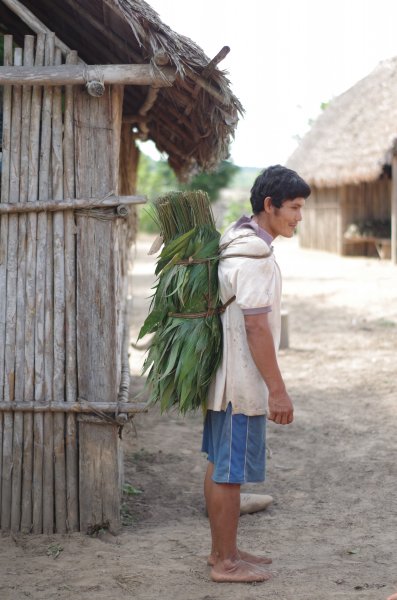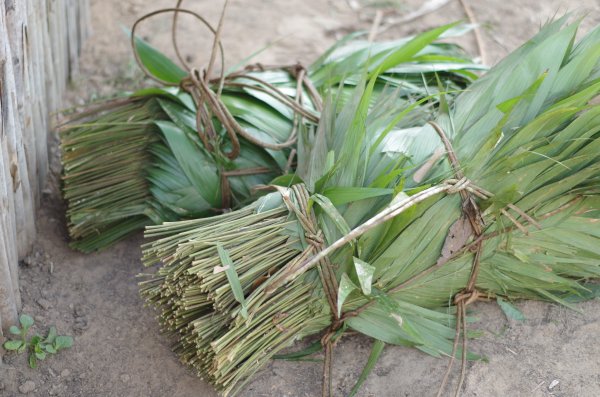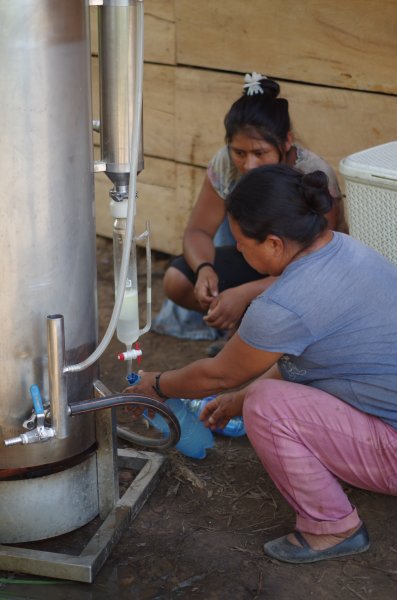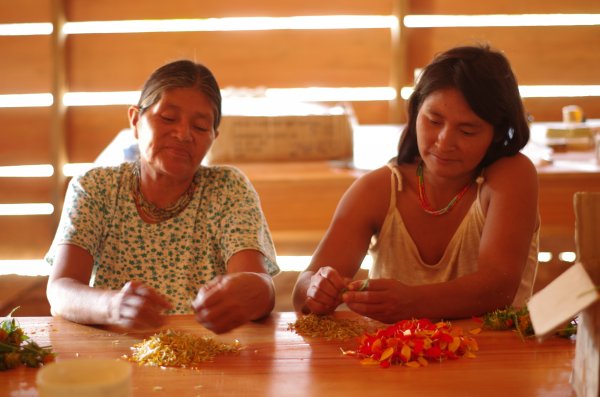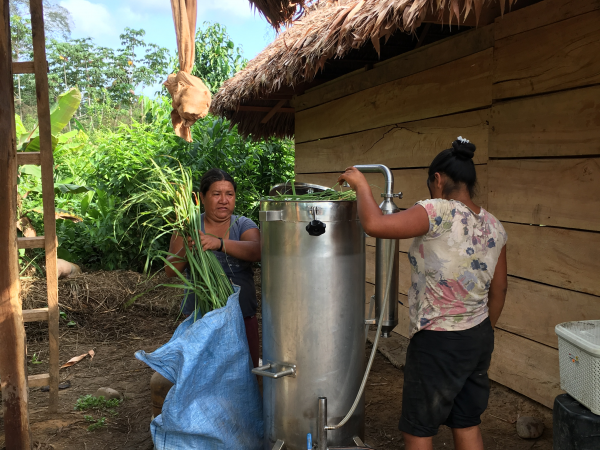Sustainable forest management as the key to indigenous communities’ climate adaptation
A Nordic Climate Facility (NCF) project is improving livelihoods of indigenous communities in Bolivia through sustainable forest management
Through the creation of sustainable economic alternatives and consolidation of existing forest-based production, the project has improved the livelihoods of 254 households in indigenous communities in Northern La Paz, Bolivia. This has been done while surpassing the project targets of both the avoided greenhouse gas emissions through indigenous peoples’ territorial management and forest conservation, as well as the CO2e-t absorbed in carbon sinks through coffee agroforestry systems. The main purpose of the project was to help indigenous families and farmers to diversify their incomes and protect forest ecosystem services through sustainable forest management projects related to cacao, coffee, jatata palms and essential oils.
Indigenous communities are particularly vulnerable to climate change due to their dependence on natural resources and weather conditions. In these communities, indigenous forest management can play a key role in climate change adaptation and mitigation. Several studies have shown that the continued presence of indigenous communities living and working in the forest contribute substantially to conservation and represent an alternative to illegal encroachment associated with deforestation and increased forest fires.
During the project implementation, household capacity to produce and market sustainable forest products was enhanced through technical advice and support to the existing production of coffee in agroforestry systems and sustainable harvesting of the jatata palm, used for the construction of roofs in the region. Furthermore, this project successfully piloted an initiative in which indigenous women produce essential oil products. Lastly, this project prioritised support for the commercialisation of forest-based products while engaging with and increasing the knowledge of urban populations about the role of the indigenous communities and their production in the protection of the global climate as well as the Amazon forest with its biodiversity and ecosystem services. Overall, the project achieved a total of 361.652 CO2e-t avoided emissions.
The project’s practical gender equality strategy has been key to improving living conditions and resilience to climate change for the entire family. Thirty-three indigenous T’simane-Mosetene women living in the forests have been able to generate their own income for the first time through the production of essential oil products. Not only has this group of women been able to generate additional income, but it has also generated a space for discussion and analysis of topics related to the empowerment of indigenous women and how to solve their problems based on their own initiatives. With a flexible approach aiming at involving both women and men, it has been possible to gain the support of the men for women’s participation in the project activities, which in the longer term will be key to greater gender equality in the communities.
“This is a good project for us women. Before this project, when going to different training workshops, we would only be observing… and we would be the ones cooking for everybody. Now, this is our initiative (the production of essential oils products), we participate, and we make the soaps and the oils for our economy,” says one of the T’simane-Mosetene women.
The long-term sustainability of the project looks promising. The project has confirmed that reinforcing sustainable forest productions while establishing market channels for these products is a viable strategy for improving livelihoods and generating climate adaptation and mitigation impacts. It has also shown that the T’simane-Mosetene people of the Quiquibey river and the Tacana people of Carmen del Emero are willing to continue living and working in their forest territory as long as they can meet their basic needs through resilience to extreme weather events and the diversification of livelihoods.
The project was led by the Nordic Agency for Development and Ecology (NORDECO) in cooperation with Fundación Teko Kavi (Bolivia) and Wildlife Conservation Society Bolivia (Bolivia) commenced in 2017 and finished in 2019.
About Nordic Climate Facility
The Nordic Climate Facility is a challenge fund set up by the Nordic Development Fund in 2009 to finance early-stage innovative climate change projects in Africa, Asia, and Latin America. NCF aims to build a portfolio of innovative green business concepts, which have been tested, proven viable and are ready to be scaled up and replicated.
More information
